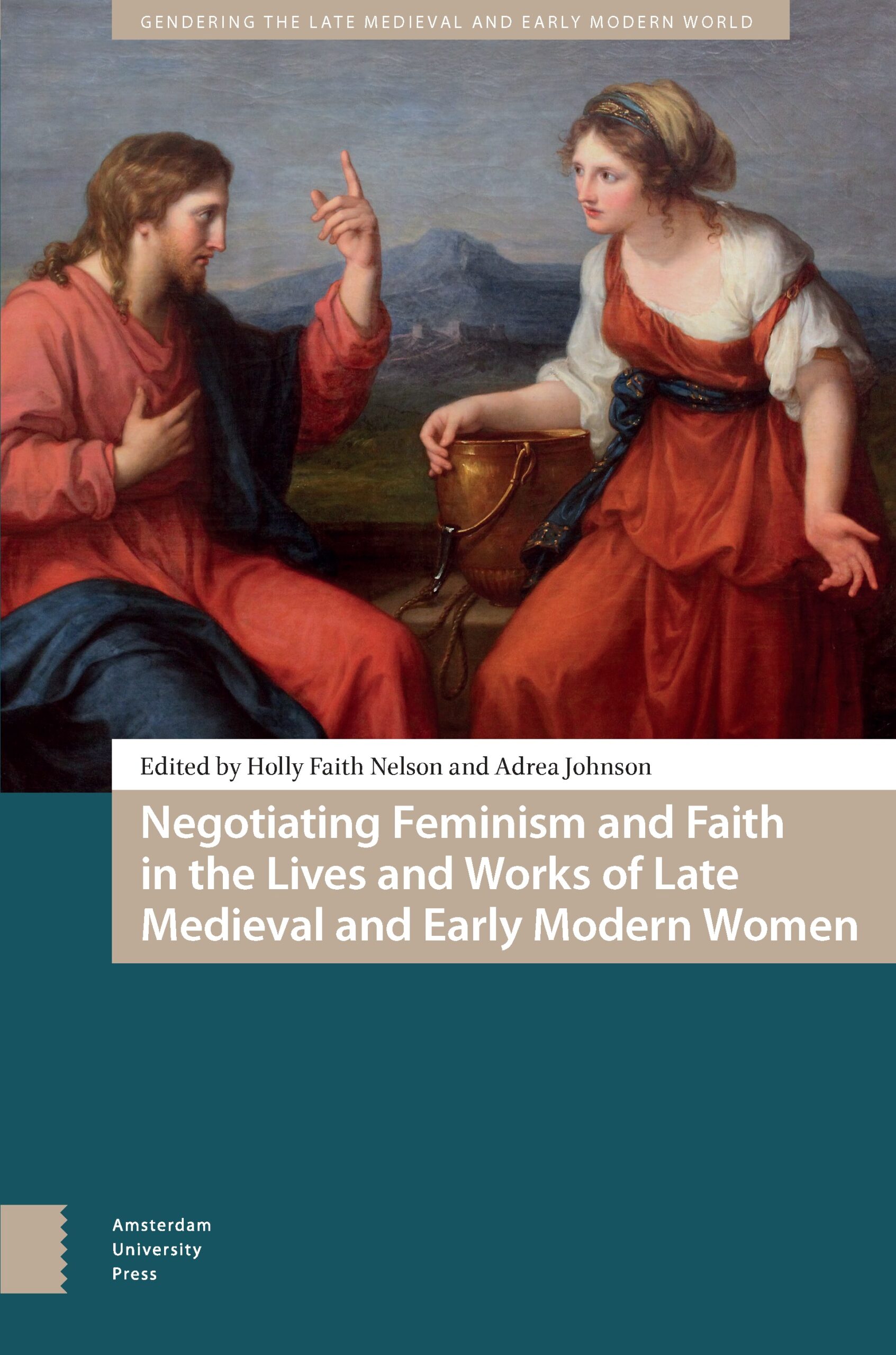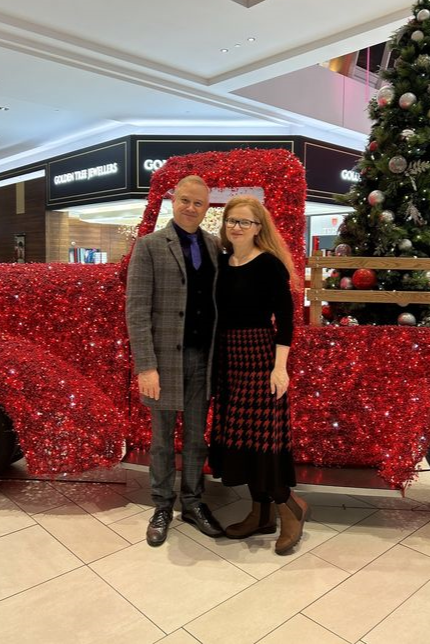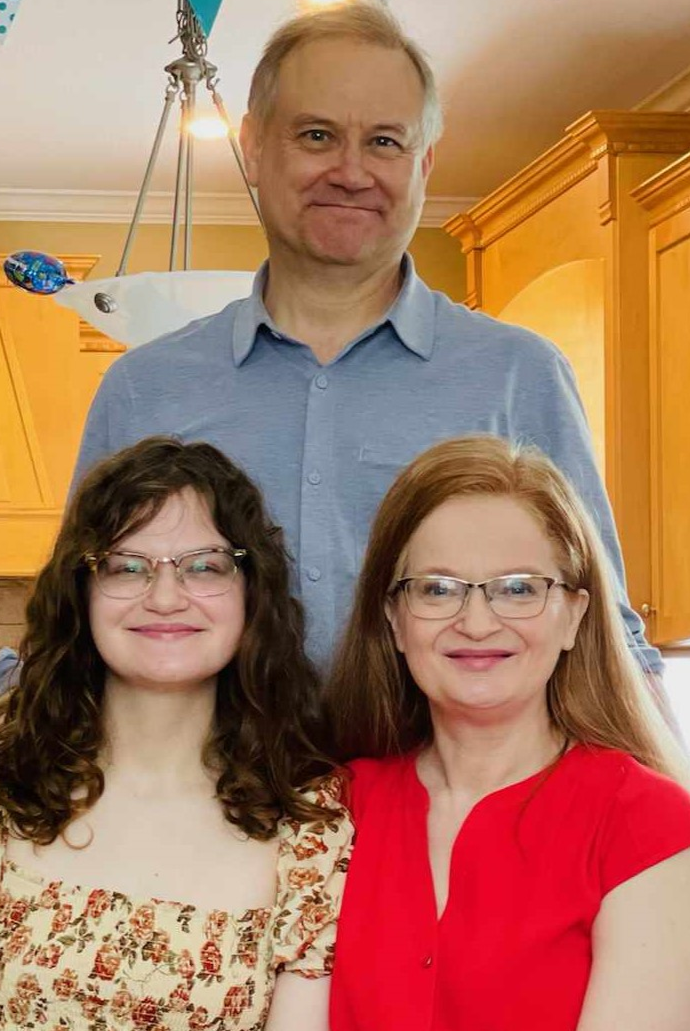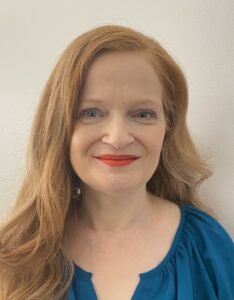Faith and Feminism: An Oxymoron or a Natural Coupling?
Alumni Connect with Holly Faith Nelson
I grew up as a Fellowship Baptist in the Lower Mainland after immigrating from Scotland to Canada with my parents, grandmother, and siblings. I intended to go straight to university after high school, but my mother persuaded me to attend Bible college at the last minute, so I decided at the time to attend Northwest Baptist Theological College (NBTC) rather than UBC, a decision I have never regretted. During my post-secondary studies, I became very interested in several subjects, including theology and literature, and gender and literature. The former interest grew out of the fascination that I developed for theology at NBTC when I earned my two-year diploma. I found myself absorbed by many theological debates and was most grateful (though exceedingly surprised) to receive the W.D. Robinson Memorial Prize for Theology in 1986.
My interest in gender grew out of my early experiences in church; I noticed that while some of the views held by my church on the nature and roles of men and women were based on particular readings of Scripture, many others emerged from secular Western cultural traditions. From my teenage years onward, I studied the representation of gender in the Bible and the harmful ways in which Scripture was sometimes misread (intentionally or otherwise), leading to the mistreatment or abuse of women in the church.
When I undertook my undergraduate and graduate studies at Simon Fraser University, my focus in the area of gender and theology shifted. I became more interested in explaining to fellow students and professors (the majority of whom were atheists or agnostics) why I believed that Christianity, if enacted in a truly Christ-centered way, actually gave women agency and authority. That is to say, I hoped to persuade them that Christianity was, in fact, pro-woman and envisioned women as of equal value and worth as men. I now know what I was trying to articulate was a kind of “Christian feminism,” a term which make some Christians’ and some secular feminists’ toes curl. For many, it is an oxymoron, but for me, it was a life-giving discovery.
I personally experienced no conflict between feminism – the “advocacy of equality of the sexes and the establishment of the political, social and economic rights of the female sex” (Oxford English Dictionary) – and my Christian faith. Of course, Christian feminists and secular feminists often hold different views in a number of areas and the former might define “the equality of the sexes” differently than would the latter. Nevertheless, countless Christian feminists (women and men) of all stripes have relied on Scripture to motivate them to help free women from harmful and abusive practices that emerge from the view that men are intellectually, physically, and / or spiritually superior to women.
My ideas in this area led me to co-found the Gender Studies Institute (GSI) at Trinity Western University in 2008, which I have co-directed since then. The mission of the Institute is to “foster interdisciplinary teaching, intellectual dialogue, research, and collaboration in all areas of gender studies, as informed by our “Christian faith.” Over the past 15 years, the GSI has hosted about 80 events on a wide range of topics related to gender that might otherwise be relegated to the shadows or “dark corners,” to borrow William Shakespeare’s phrase from Measure for Measure.



My interest in gender and theology also inspired me to publish articles and books on gender, religion, and literature. My most recent project in this area is Feminism and Faith in the Lives and Works of Late Medieval and Early Modern Women (1450-1805), which will be published by Amsterdam University Press in June 2024. I edited this collection with the Christian scholar Dr. Adrea Johnson, the granddaughter of the much-admired Baptist Pastor Peter Teichroeb. As we write on the book cover, in this book we “present thirteen original case studies on the diversity, complexity, and subtlety of the intersection of faith and feminism in the lives and works of twenty-two Christian women writers over a 350-year period in six nations.” In doing so, we challenge “the view that monotheistic religions only constrict and oppress women, stifling their agency, autonomy, and authority.”
I have been able to spend so much time and effort writing and publishing on such topics only because of the ongoing unconditional support of my husband Russell Nelson, B.A. (SFU), M.A (UBC), the program manager of policy planning at the City of Richmond. He and I met as students at NBTC, where he earned a one-year certificate, and have been married for 36 years. We have two children, a 25-year-old son who recently graduated from Trinity Western University (TWU) with a B.A. in English and a daughter who is in her third year at TWU where she majors in English and works as an archival assistant.

Holly Faith Nelson, PhD, completed her two-year diploma at NBTC in 1986. Holly serves as a Professor in the Department of English and Creative Writing, as the Co-Director of the Gender Studies Institute, and as a Graduate Stream Coordinator of the MA in Interdisciplinary Humanities program. She is married to Russell Nelson (who completed his one-year certificate at NBTC in 1985) with whom she has two adult children.
